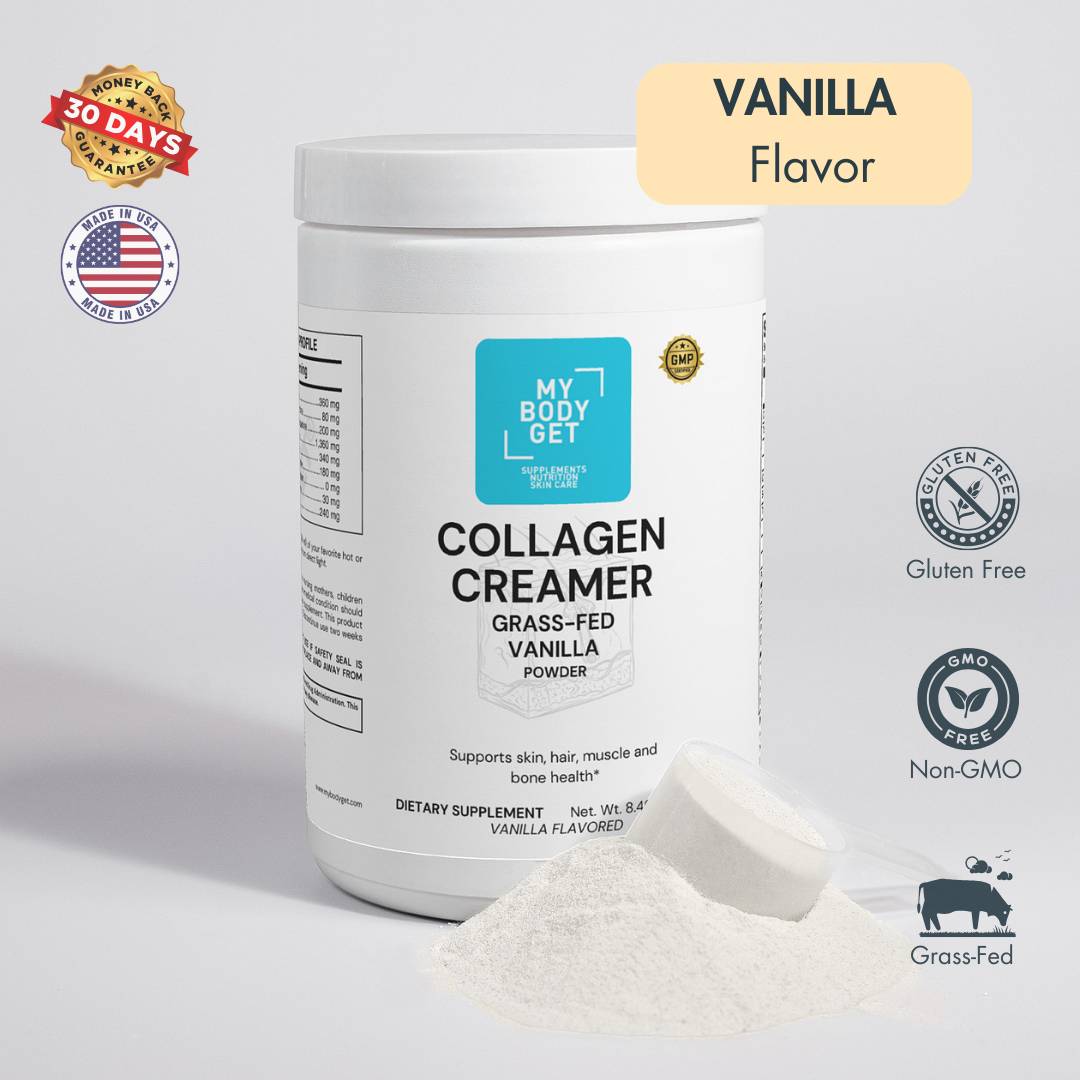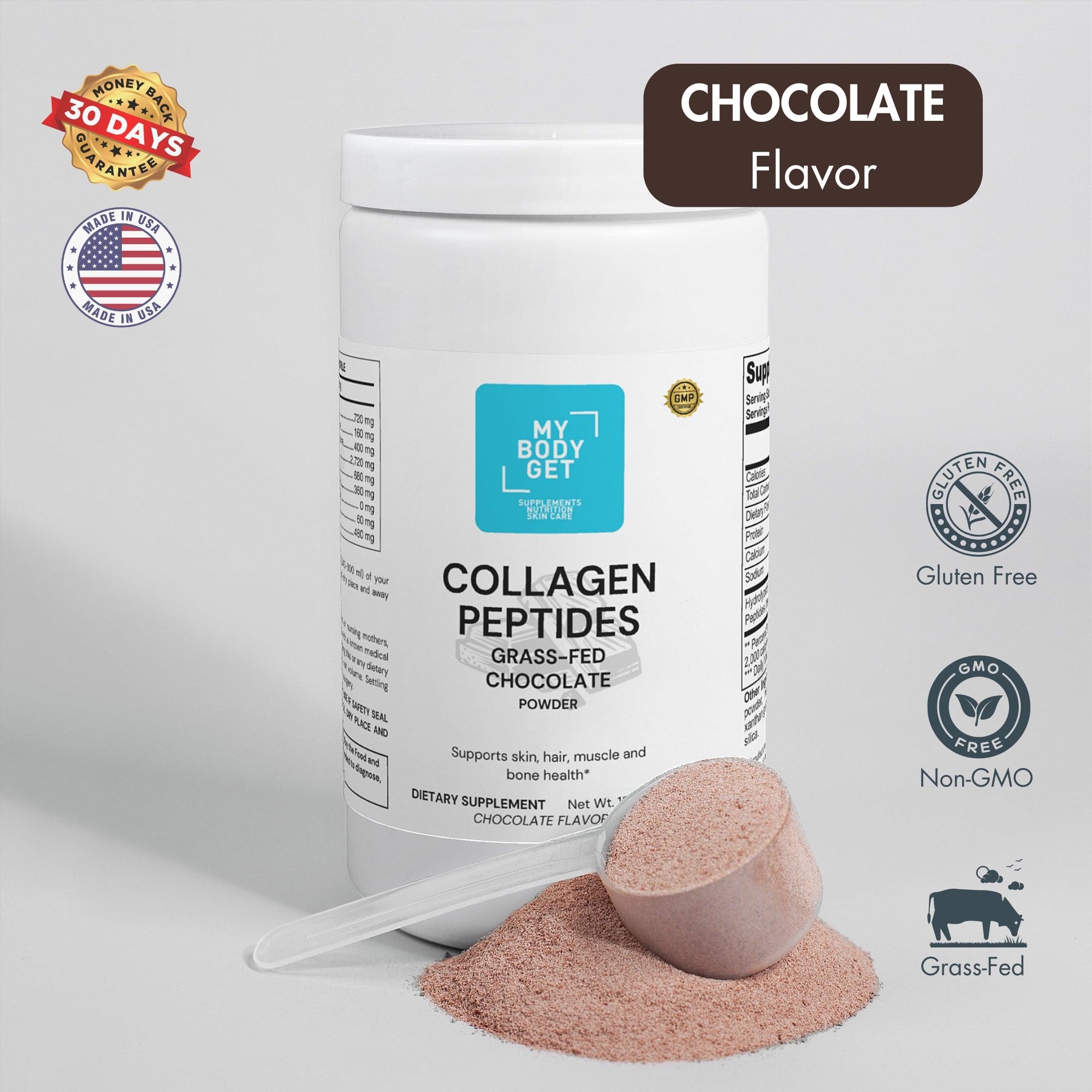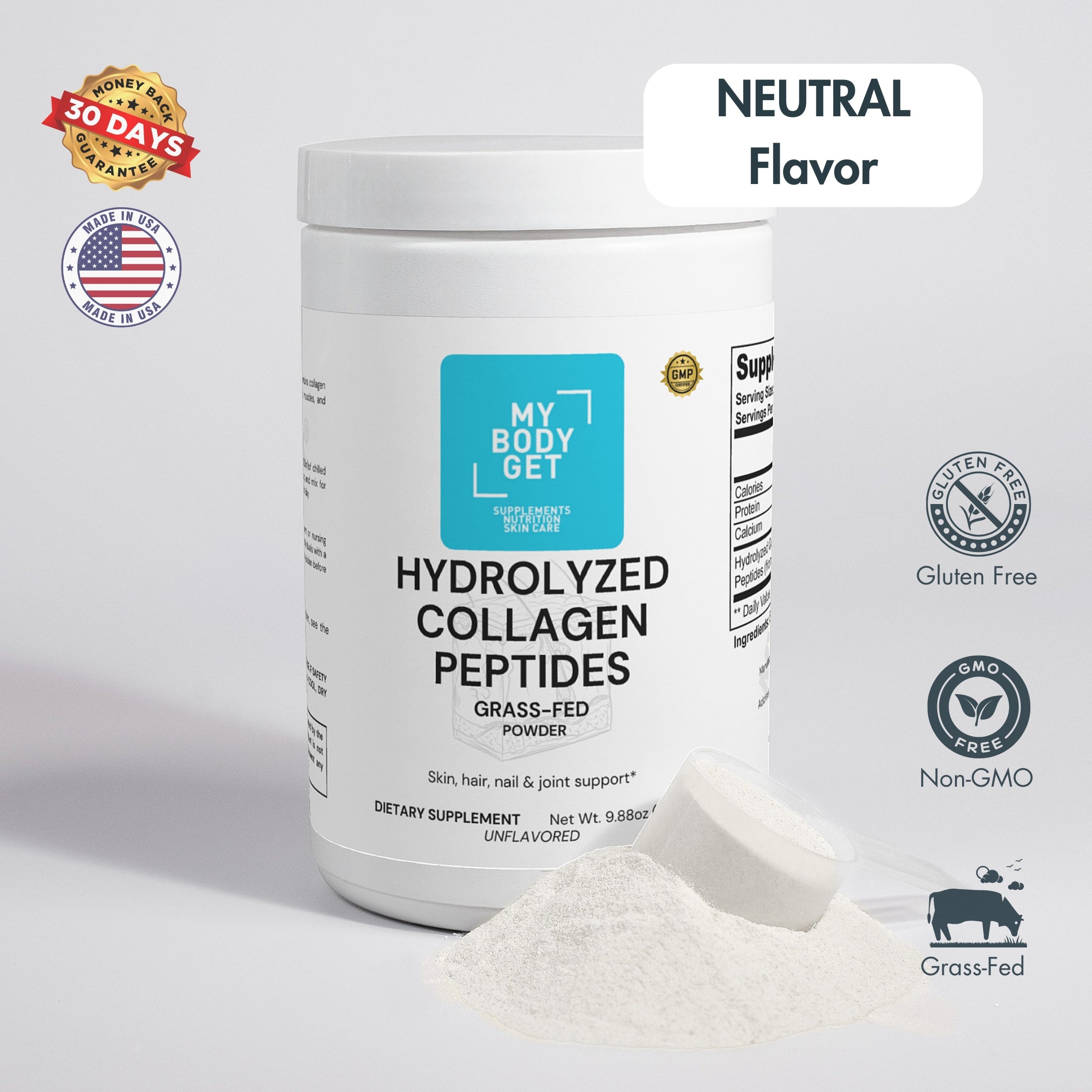In today’s fast-paced world, stress has become an inevitable part of life. Whether it’s due to work pressures, personal challenges, or daily demands, stress can take a toll on both your mental and physical well-being. However, the right nutrition and supplements can play a significant role in managing stress and promoting relaxation. By nourishing your body with the right foods and nutrients, you can better equip yourself to handle stress and maintain a balanced state of mind.
The Connection Between Diet and Stress
How Stress Affects the Body:
When you’re stressed, your body undergoes a series of physiological changes, including the release of cortisol, a hormone that helps your body respond to stress. While this is a natural and necessary response, chronic stress can lead to prolonged cortisol production, which can have negative effects on your health, such as weight gain, weakened immune function, and even increased risk of chronic diseases.
The Role of Nutrition in Stress Management:
A well-balanced diet can help mitigate the effects of stress by providing the body with the nutrients it needs to function optimally. Certain foods can influence brain chemistry and promote a sense of calm, while others can help reduce inflammation and support the body’s stress response.
Stress-Relieving Foods to Include in Your Diet
Complex Carbohydrates:
Complex carbs, such as whole grains, oats, and sweet potatoes, help stabilize blood sugar levels and increase the production of serotonin, a neurotransmitter that contributes to feelings of well-being and happiness.
Omega-3 Fatty Acids:
Found in fatty fish like salmon, walnuts, and flaxseeds, omega-3 fatty acids have been shown to reduce inflammation and lower the production of stress hormones. They also support brain health and can improve mood.
Leafy Greens:
Vegetables like spinach, kale, and Swiss chard are rich in magnesium, a mineral that plays a critical role in stress reduction by regulating cortisol levels. Magnesium also helps promote relaxation and better sleep.
Fermented Foods:
Foods like yogurt, kefir, sauerkraut, and kimchi contain probiotics, which support gut health. A healthy gut has been linked to reduced stress levels and improved mood, as the gut-brain connection plays a significant role in emotional regulation.
Berries:
Berries are packed with antioxidants, which help combat oxidative stress in the body. They also provide vitamin C, which has been shown to reduce cortisol levels and boost the immune system.
Supplements to Support Stress Management
Ashwagandha:
An adaptogenic herb, Ashwagandha has been used for centuries in traditional medicine to combat stress and anxiety. It helps balance cortisol levels and promotes a sense of calm, making it an effective supplement for stress relief.
B Vitamins:
B vitamins, particularly B6, B12, and folate, are essential for brain health and the production of neurotransmitters like serotonin and dopamine. They help regulate mood and reduce the effects of stress on the body.
Magnesium:
As mentioned earlier, magnesium is crucial for stress management. If you’re not getting enough from your diet, a magnesium supplement can help support relaxation and improve sleep quality.
L-Theanine:
Found in green tea, L-theanine is an amino acid that promotes relaxation without causing drowsiness. It can help reduce anxiety and improve focus, making it a great supplement for stress relief.
Rhodiola Rosea:
Another adaptogen, Rhodiola Rosea helps the body adapt to stress and fatigue. It has been shown to improve mood, reduce anxiety, and enhance mental performance under stress.
Lifestyle Tips for Managing Stress
Mindful Eating:
Practice mindful eating by taking the time to savor your meals and eat slowly. This not only aids digestion but also helps you stay present and reduces stress levels.
Regular Exercise:
Physical activity is a natural stress reliever. Aim for at least 30 minutes of moderate exercise most days of the week to boost your mood and reduce tension.
Adequate Sleep:
Getting enough sleep is essential for managing stress. Aim for 7-9 hours of quality sleep each night to allow your body to recover and reset.
Hydration:
Staying hydrated is important for overall health and can help reduce feelings of stress and anxiety. Make sure to drink plenty of water throughout the day.
Conclusion: Nourishing Your Body to Combat Stress
Managing stress effectively requires a holistic approach that includes proper nutrition, supplementation, and lifestyle choices. By incorporating stress-relieving foods and supplements into your daily routine, you can support your body’s natural stress response and promote a sense of calm and well-being. Remember, the key to combating stress lies in nourishing your body, mind, and spirit.
"The greatest weapon against stress is our ability to choose one thought over another."
— William James, Philosopher and Psychologist







Leave a comment
This site is protected by hCaptcha and the hCaptcha Privacy Policy and Terms of Service apply.